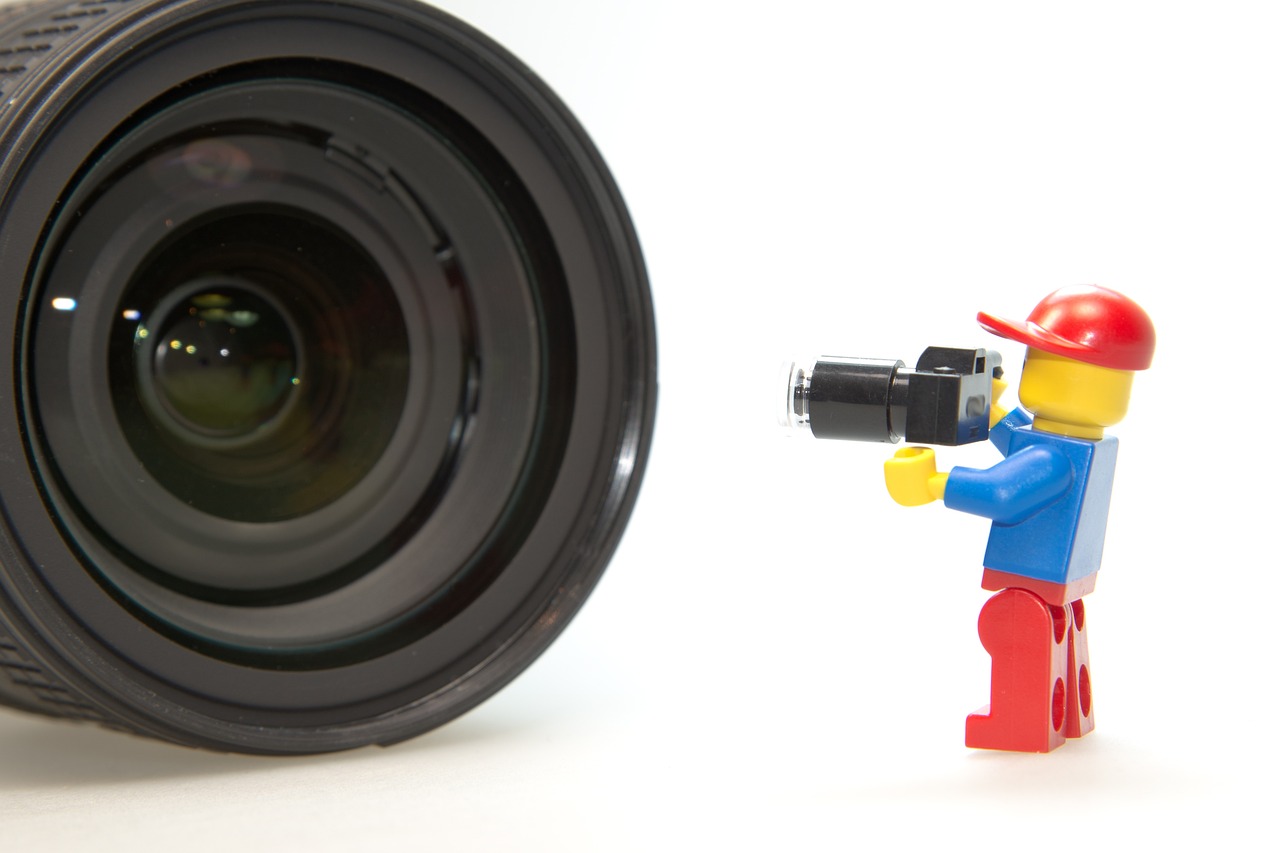Exploring the Potential of AI in Drug Discovery: Accelerating Pharmaceutical Research
Drug discovery is a complex and intricate process that involves identifying potential new medications to treat various diseases and medical conditions. It typically begins with research to understand the underlying causes of a particular ailment, followed by the identification of a potential biological target for intervention. Scientists then embark on the process of screening vast libraries of compounds to find one that can interact with the target effectively.
Once a promising compound is selected, it undergoes rigorous testing in preclinical studies to assess its safety, efficacy, and potential side effects. If successful, the compound progresses to clinical trials, where it is tested in human subjects to evaluate its safety and effectiveness in treating the targeted condition. The drug discovery process can take many years and involves collaboration between researchers, pharmaceutical companies, regulatory bodies, and healthcare professionals to bring a new medication from concept to market.
Challenges in Traditional Drug Discovery Methods
Traditional drug discovery methods often face challenges in identifying novel compounds due to the time-consuming and expensive nature of the process. Researchers spend significant resources conducting high-throughput screenings and complex assays to find potential drug candidates. Additionally, the reliance on trial-and-error approaches in traditional methods can lead to a high rate of failure in identifying effective compounds for further development.
Another challenge in traditional drug discovery methods is the limited success in targeting specific molecular pathways or biological mechanisms. The lack of understanding of complex cellular processes and interactions hinders the ability to design compounds that effectively modulate these pathways. This limitation often results in the development of drugs with inadequate efficacy or unwanted side effects, highlighting the need for more precise and targeted approaches in drug discovery.
What is the drug discovery process?
The drug discovery process involves identifying potential drug candidates, testing their efficacy and safety, and eventually bringing them to market for patient use.
What are some challenges in traditional drug discovery methods?
Some challenges in traditional drug discovery methods include long development timelines, high costs, low success rates, and reliance on trial-and-error approaches.
How do traditional drug discovery methods differ from modern approaches?
Traditional drug discovery methods often rely on screening large libraries of compounds for potential drug candidates, while modern approaches may utilize techniques such as computer modeling and high-throughput screening to streamline the process.
What impact do challenges in drug discovery methods have on patients?
Challenges in drug discovery methods can result in delays in bringing new treatments to market, limiting options for patients in need of innovative therapies for their conditions.
Are there any solutions to address the challenges in traditional drug discovery methods?
Some potential solutions include adopting more innovative technologies and approaches, collaborating with other stakeholders in the drug discovery process, and increasing funding for research and development efforts.





